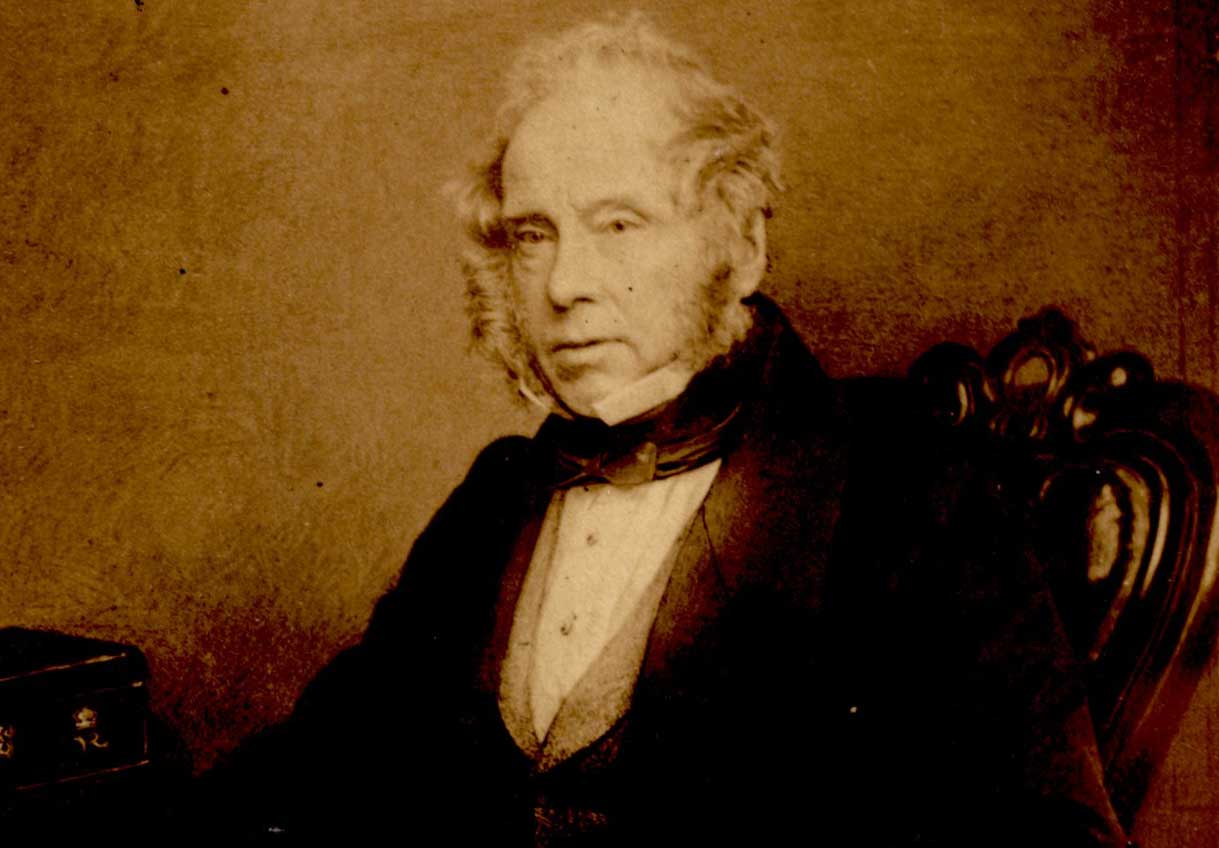Lord Palmerston Becomes PM
Britain's new Prime Minister took office on February 5th, 1855.

Henry Temple, third Viscount Palmerston, was seventy when he became prime minister, which he remained with only a short break until his death in 1865, just before his eighty-first birthday. With the morals of a Regency buck, both a Tory and a Whig in his time, Foreign Secretary for many years and a swashbuckling, high-handed promoter of British interests, he was possibly the most popular prime minister with the mass of the population until the coming of Winston Churchill.
In 1852 Palmerston joined Lord Aberdeen’s administration in the unfamiliar role of Home Secretary, as much because he needed the money as anything else. The fact that he had no direct responsibility for the Crimean War worked to his advantage, because it was criticism of the Government’s conduct of the war that brought it down in 1855. Parliament reassembled on January 23rd with both London and the Government’s prospects shrouded in freezing fog. A motion for a committee of inquiry into the conduct of the war was threatened in the Commons and on January 24th Lord John Russell, who had a high-minded penchant for resignation, left the government in protest against the incompetence of the War Office and the failure to put Palmerston in charge as secretary for war. On January 25th the resolution for the committee of inquiry was moved in the House of Commons and supported by the Conservatives and Lord John, who demanded that Palmerston be appointed to the War Office. Palmerston replied for the Government, but many who heard him thought him uncharacteristically half-hearted and unconvincing. The motion was carried by a large majority and the Government resigned.
Palmerston seemed obviously the man to take charge, but he was the last person Queen Victoria wanted as prime minister and she sent for Lord Derby, the Conservative leader. Derby offered Palmerston the post of Secretary for War, which Palmerston said he would accept as his patriotic duty, but only if Lord Clarendon remained at the foreign office. He knew that Clarendon detested Derby, and when Clarendon turned Derby down, Palmerston was able to say that, with deep regret, he could not join Derby’s administration.
The Queen now turned in succession to Lord Lansdowne, who declined, Clarendon, who declined, and Lord John Russell, who tried, but failed to enlist Palmerston, who said he would of course serve, provided Clarendon had the Foreign Office. Clarendon predictably refused to serve under Russell any more than under Derby. Palmerston had made it impossible for the Queen to do anything but turn to him and she reluctantly summoned him to Buckingham Palace on February 4th.
Forming an administration was not easy, but Aberdeen helped and Clarendon agreed to be Foreign Secretary. The threat of Lord John Russell’s recall to office persuaded Gladstone and other Conservatives to join, while the prospect of a place in the cabinet for Lord Shaftesbury, the great philanthropist, scared the Whigs into line. By the next evening, Palmerston was able to take office. Lord John Russell was disposed of by sending him off to Vienna for the peace talks to end the war.




